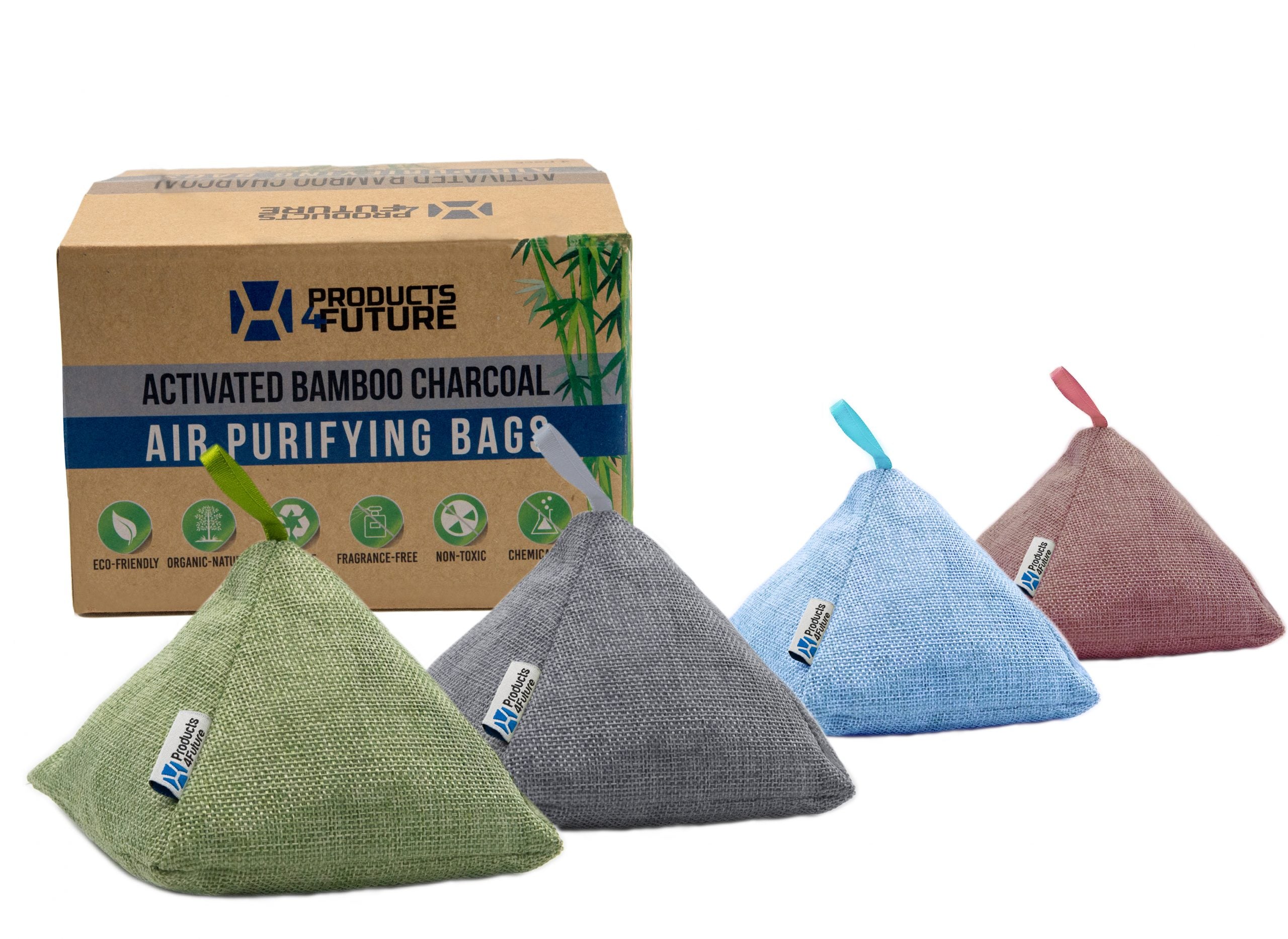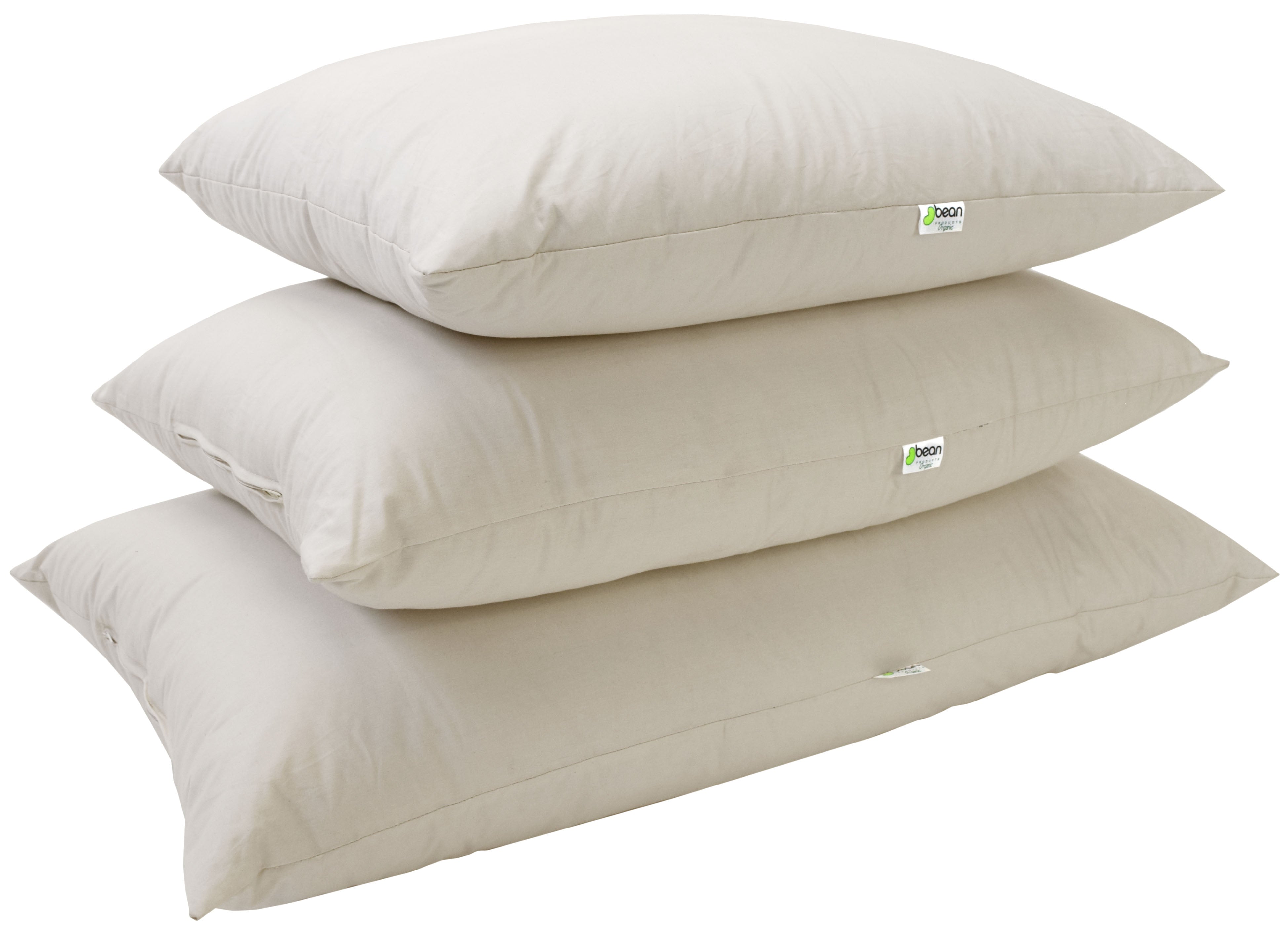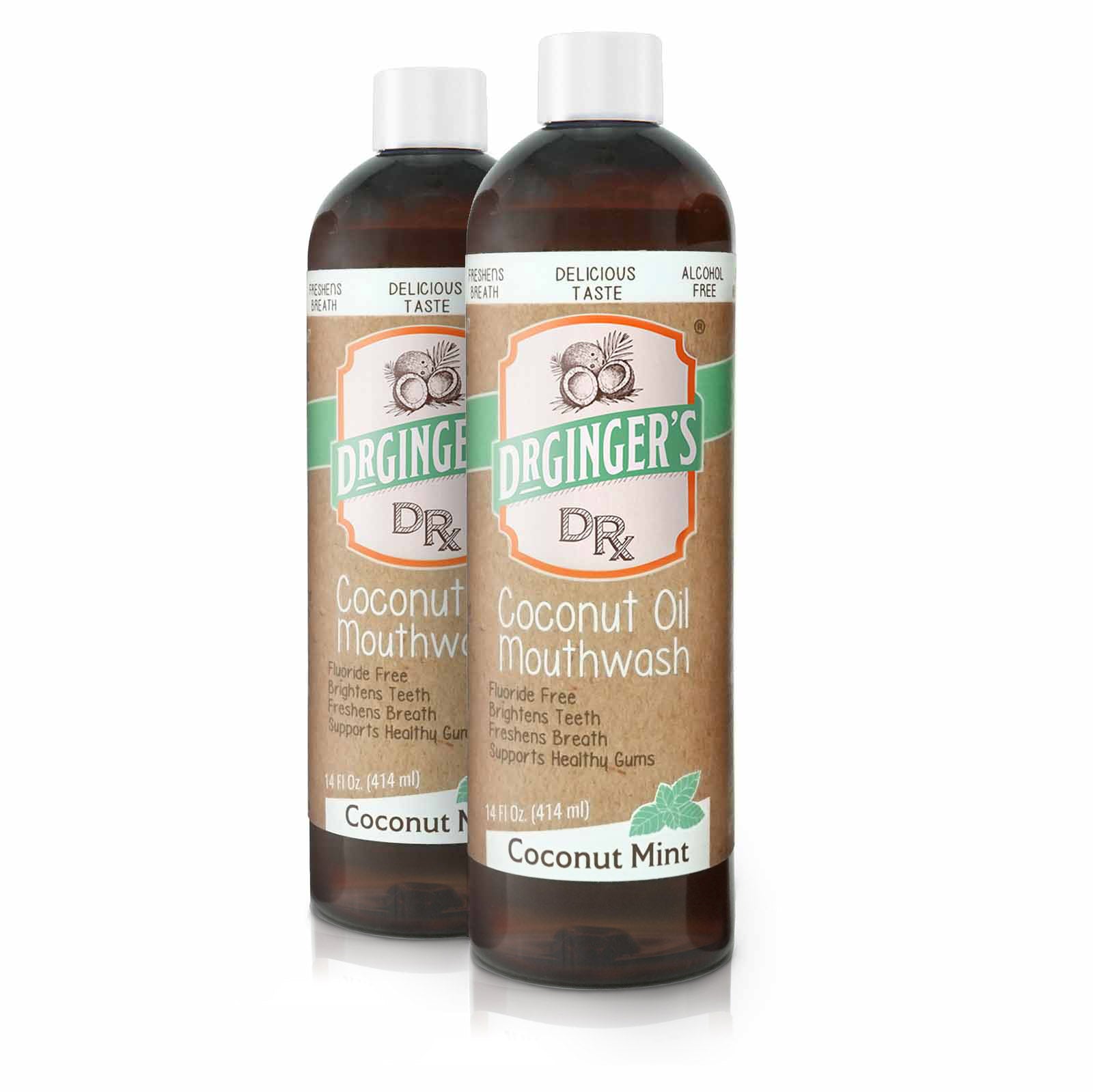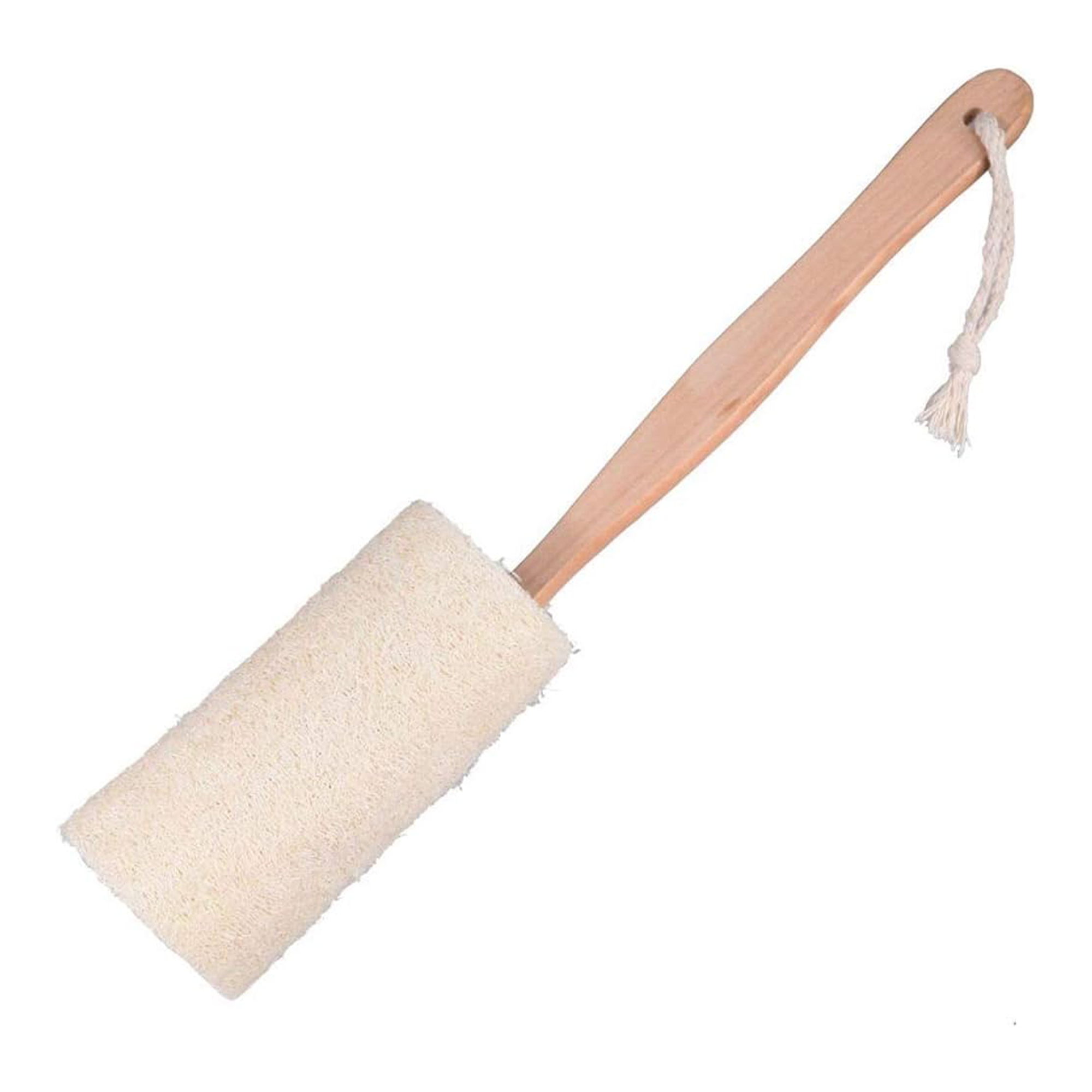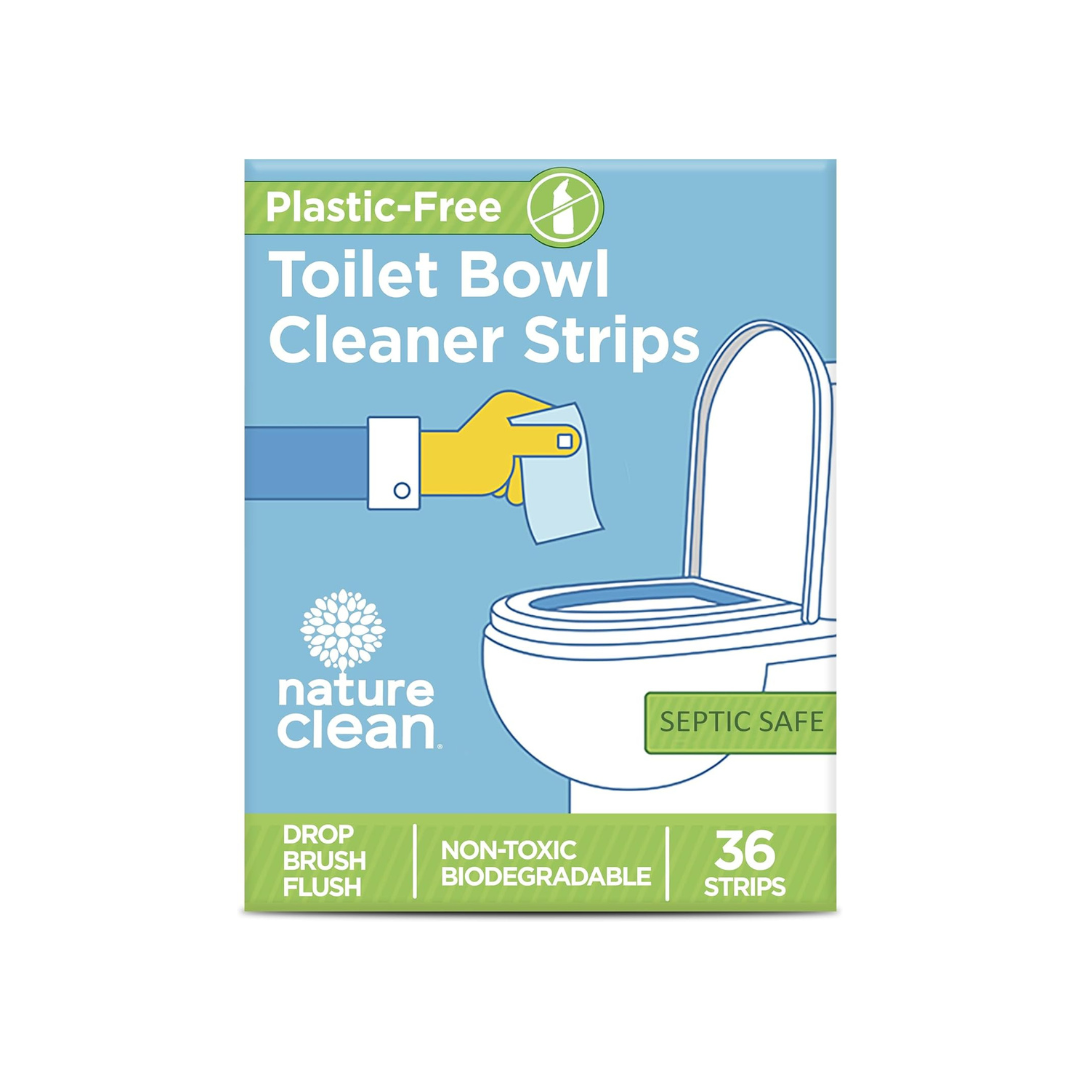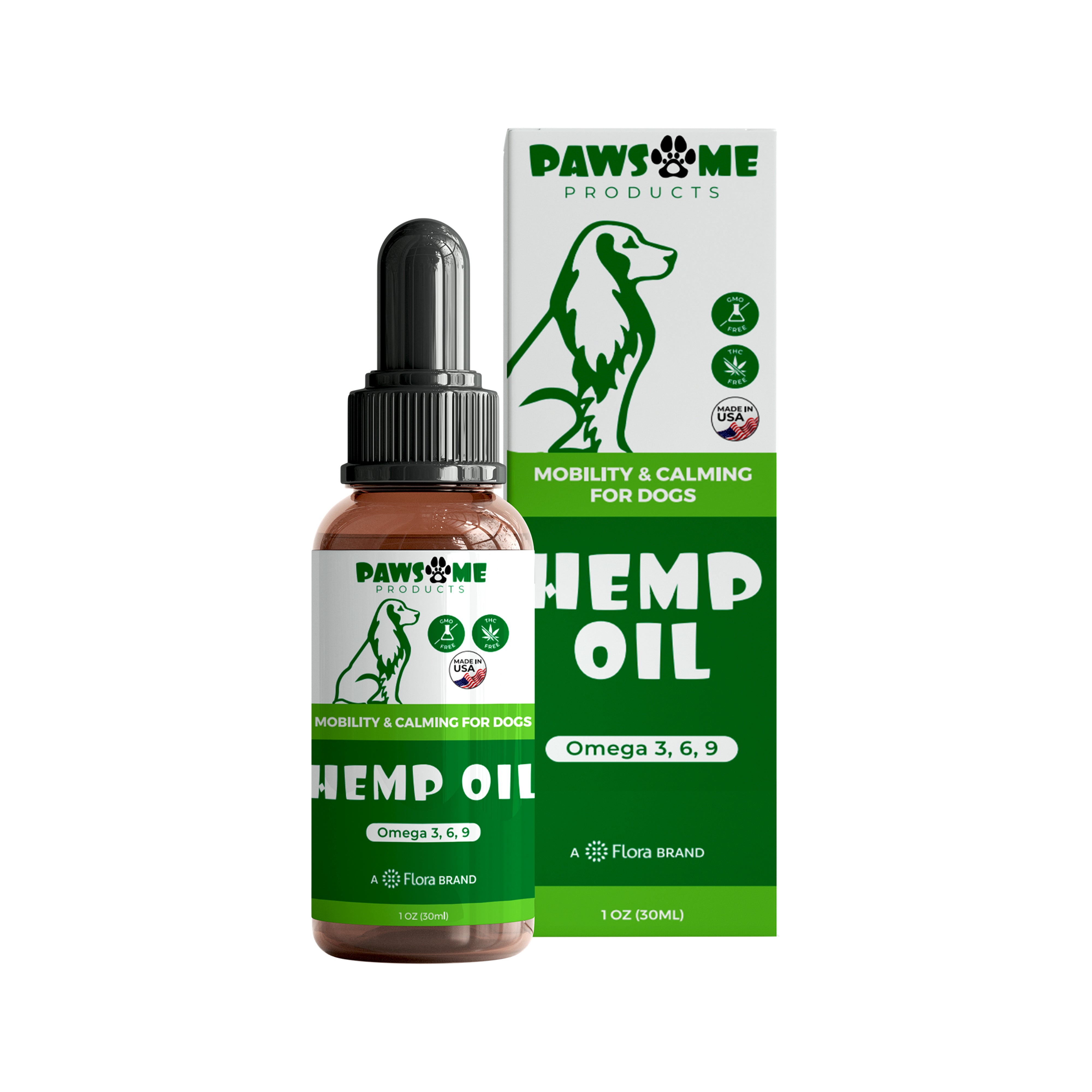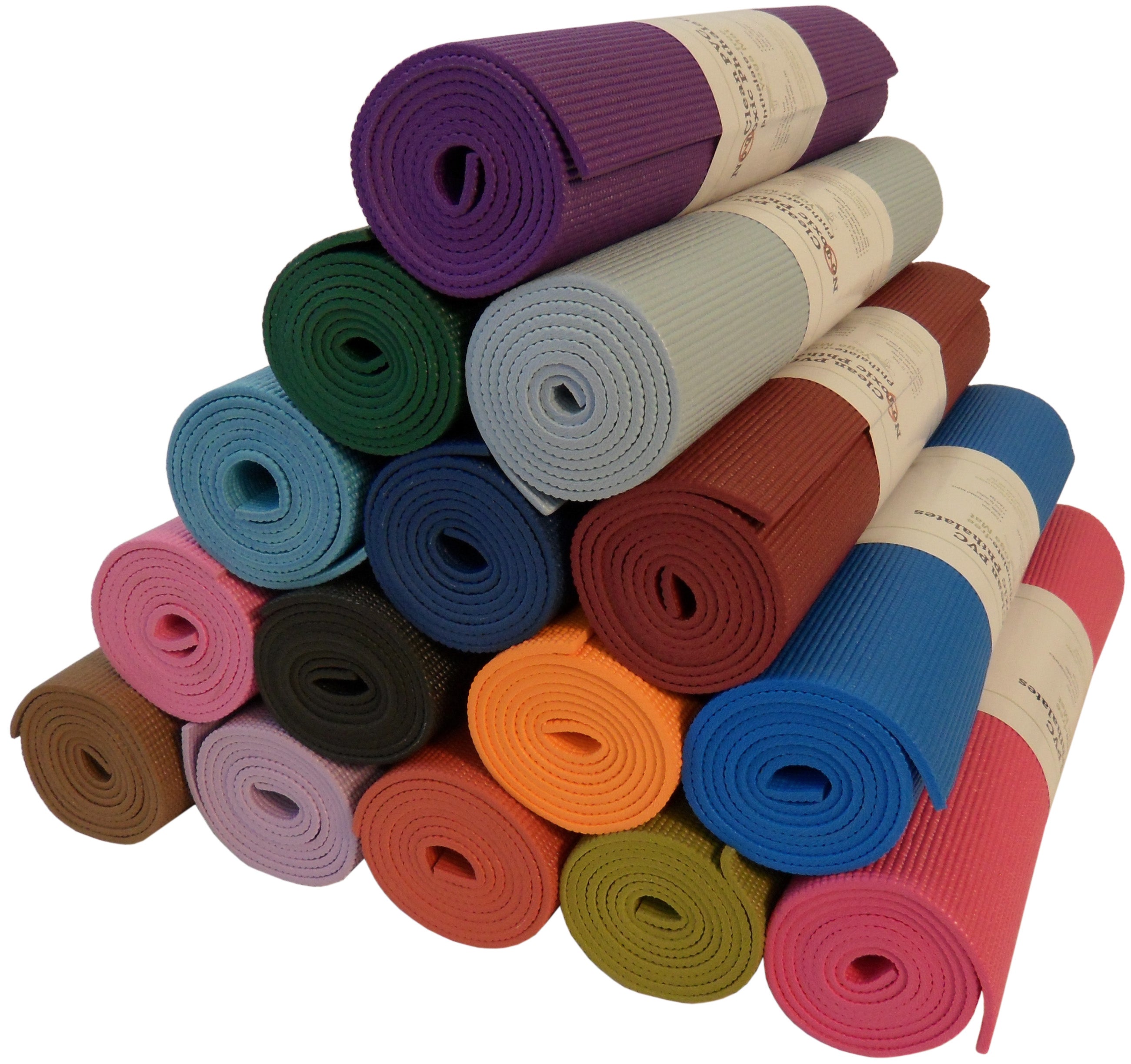Camping is a wonderful way to escape the hustle and bustle of everyday life and connect with nature. However, it's important to remember that camping can have a negative impact on the environment if we're not careful. We'll share some sustainable camping tips to help you enjoy the great outdoors while minimizing your impact on the environment. Plus, if you are curious about the differences between camping and glamping, read Camping vs. Glamping.
Choose eco-friendly camping gear: Invest in camping gear that is made from sustainable materials, such as recycled plastic, organic cotton, or bamboo. Look for gear that is designed to last, so you don't have to keep replacing it every year. When it's time to replace your gear, donate or recycle it responsibly.
Follow leave-no-trace principles: When you're camping, it's important to leave the natural environment exactly as you found it. Follow the leave-no-trace principles by packing out all your trash, food waste, and even toilet paper. Use established campsites and trails to avoid damaging natural habitats.
Minimize your impact on wildlife: Avoid disturbing wildlife by keeping a safe distance and not feeding them. Store your food in bear-proof containers. If there are no bears, hang it from a tree to keep it away from animals.
Bring a reusable water bottle: Taking a water bottle when camping is important for staying hydrated, reducing waste, and being cost-effective. The Hydaway collapsible water bottle is a durable, safe, and eco-friendly product that is perfect for camping and travel due to its collapsible design. Plus, its stylish appearance and range of colors make it a practical and attractive choice for everyday use.
Bring reusable dishes: Instead of using disposable dishes and cutlery, bring your own reusable set. Pack snacks, coffee, tea, and dry goods in reusable jars or containers to minimize packaging waste, and consider making your meals beforehand in sustainable containers.
Plan your meals: Before you hit the trail, plan out your meals to minimize food waste. Choose meals that can be prepared ahead, cooked over a campfire or camp stove, such as veggies or grilled sandwiches. Bring reusable containers and utensils to avoid using disposable plates and utensils.
For toiletries: Opt for shampoo, conditioner, and soap bars, and avoid single-use items like disposable wipes or travel-sized toothpaste. Plus, be mindful of what you put on your body before swimming to prevent polluting lakes, rivers, and ponds, and avoid getting permethrin or permethrin-treated products in water as they may be toxic to aquatic life.
Use toothpaste tablets: Taking toothpaste tablets to camping is a great way to reduce waste and minimize your impact on the environment as they come in minimal packaging and don't require water to use, making them a more sustainable alternative to traditional toothpaste tubes.
Use rechargeable batteries: You can pack your backup set of rechargeable batteries in another headlamp that you bring along, just in case. This way, you'll have a reliable source of power without creating unnecessary waste.
By following these camping tips, you can enjoy the great outdoors while protecting the environment for generations to come. Remember, every little bit counts when it comes to preserving our planet. Happy camping!




